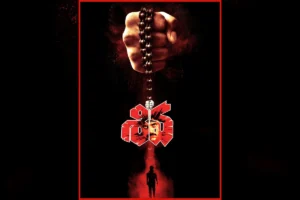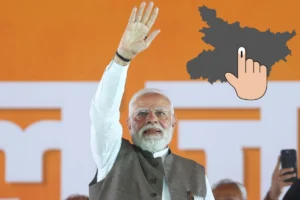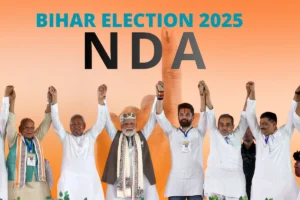
In a significant development, the Supreme Court has intervened in the ongoing trial of the Malegaon bomb blast case.
The court provided a major relief to the accused, Sameer Sharad Kulkarni. It has further issued a stay order on the trial proceedings against Kulkarni, citing procedural irregularities.
During the hearing, the Supreme Court observed that the Central Government had not obtained the necessary permission to prosecute Sameer Sharad Kulkarni under Section 45 of the UAPA.
This finding prompted the court to intervene and halt the trial process.
Sameer Kulkarni, accused in the 2008 Malegaon bomb blast case resides in Pune. He has been making regular appearances in Mumbai for the trial proceedings.
However, despite the passage of several years since the incident, the case has yet to conclude.
Under Section 313 of the Criminal Procedure Code (CRPC), statements of the accused were to be recorded from 25 September 2008.
However, on numerous occasions, the accused failed to appear in court, leading to the adjournment of hearings.
The Malegaon bomb blast, which occurred near a mosque in Malegaon, Maharashtra, on September 29, 2008, resulted in the deaths of 7 individuals and injuries to over 100 people.
Initially, the Maharashtra government entrusted the investigation of the case to the Anti-Terrorism Squad (ATS).
Subsequently, the National Investigation Agency (NIA) took over the investigation, during which the name of the Abhinav Bharat organization surfaced.
On 24 October 2008, arrests were made in connection with the case. It included Swami Aseemanand, Colonel Purohit, and Sadhvi Pragya Singh. The Special Court framed charges against all the accused in July 2009.
The Supreme Court’s decision to stay the trial proceedings has brought temporary relief to Sameer Sharad Kulkarni, but the case continues to be closely monitored as it progresses through the judicial system.
To read more such news, download Bharat Express news apps


















